Introduction
The month of April is globally recognized as Autism Acceptance Month, a time dedicated to fostering understanding and acceptance of Autism Spectrum Disorder (ASD). This article will explore the history and evolution of Autism Awareness Month, the importance of raising awareness and promoting acceptance, and the impact this initiative has had on the lives of individuals with autism. By shedding light on the challenges faced by the autism community and providing resources and guidance, we aim to empower parents and advocates in their journey to ensure the well-being and inclusion of their children.
What is Autism Awareness Month?
The month of April is globally recognized as Autism Acceptance Month, an initiative to foster understanding and acceptance of Autism Spectrum Disorder (ASD). This period is marked by numerous events, campaigns, and activities designed to educate society about ASD, its impact on individuals, and those who care for them.
A significant part of this initiative is to dispel myths and misconceptions about ASD. According to the CDC, approximately 1 in 36 children in the U.S. is on the autism spectrum, making ASD a prevalent issue in our society.
The experiences of parents, like Sarah Lin, who have children on the spectrum, highlight the need for increased understanding and acceptance. The Office of National Autism Coordination (ONAC) within the National Institute of Mental Health (NIMH) joins in celebrating Autism Acceptance Month, acknowledging the need to support, understand, accept, include, and empower people on the autism spectrum.
This period also sees the launch of programs like the Autism Welcoming Initiative, which aims to train businesses to be more accommodating towards individuals with ASD. Noteworthy events include the Autism Speaks Walk, the world’s largest ASD fundraising event, which fosters a network of friendship and support while raising funds for research, advocacy, and essential programs. Another critical aspect of Autism Acceptance Month is to address disparities in access to employment, healthcare, and education for individuals with autism, a cause that President Joseph R. Biden Jr. has committed to. The month of April serves as a platform to celebrate the contributions of neurodiverse individuals and work towards a more inclusive society.
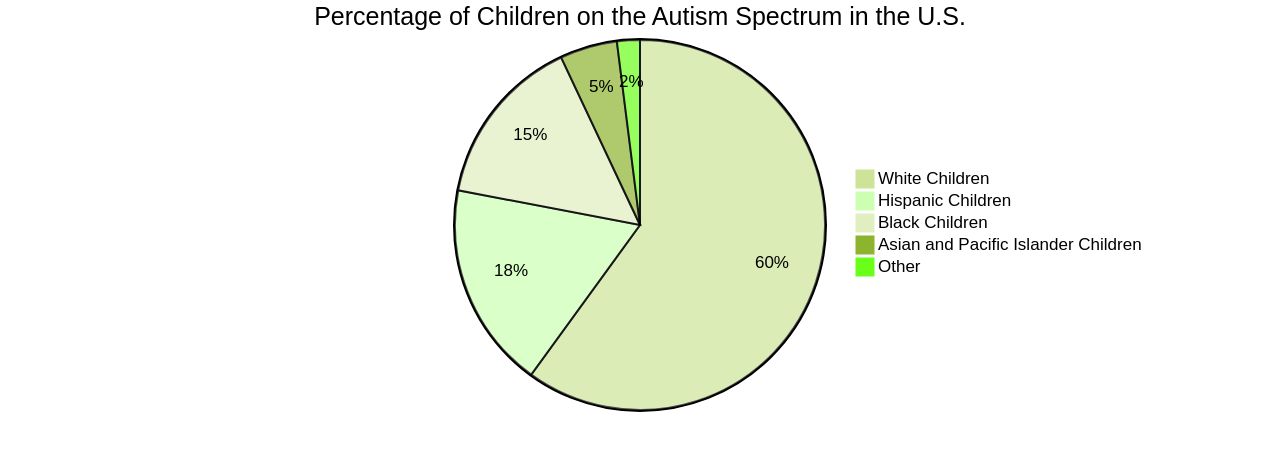
The History of Autism Awareness Month
The inception of Autism Awareness Month traces back to the 1970s, courtesy of the Autism Society of America's nationwide efforts to illuminate the struggles faced by those with autism and advocating for their rights. Now, April is globally recognized as Autism Awareness Month, uniting organizations, communities, and individuals in a shared mission to foster acceptance and understanding of autism.
The Centers for Disease Control and Prevention (CDC) highlights that approximately 1 in 36 children and 2.2% of adults nationwide are diagnosed with autism, a neurodevelopmental disability causing significant social, communication, and behavioral challenges. This neurological difference is part of the broader spectrum of human experiences, promoting the importance of neurodiversity.
In 2019, the Autism Alliance of MetroWest launched the Autism Welcoming Initiative, aiming to create public spaces where autistic individuals can feel at ease. This initiative certifies businesses as autism-friendly, addressing the concerns of parents hesitant to bring their autistic children into the community due to potential judgment or unexpected noises.
Emphasizing the importance of early intervention in autism, tailored services like speech therapy, behavioral therapy, social skills training, and sensory integration therapy have proven beneficial in supporting the child's development and enhancing their life quality. Moreover, the National Institute for Environmental Health Sciences (NIEHS) is hosting an event featuring Eric Garcia, author of 'We’re Not Broken: Changing the Autism Conversation.' for World Autism Month. In recent years, Autism Awareness Month has transitioned towards Autism Acceptance Month, shifting the paradigm from viewing autism as a disease requiring a cure to celebrating the autism community's unique contributions.
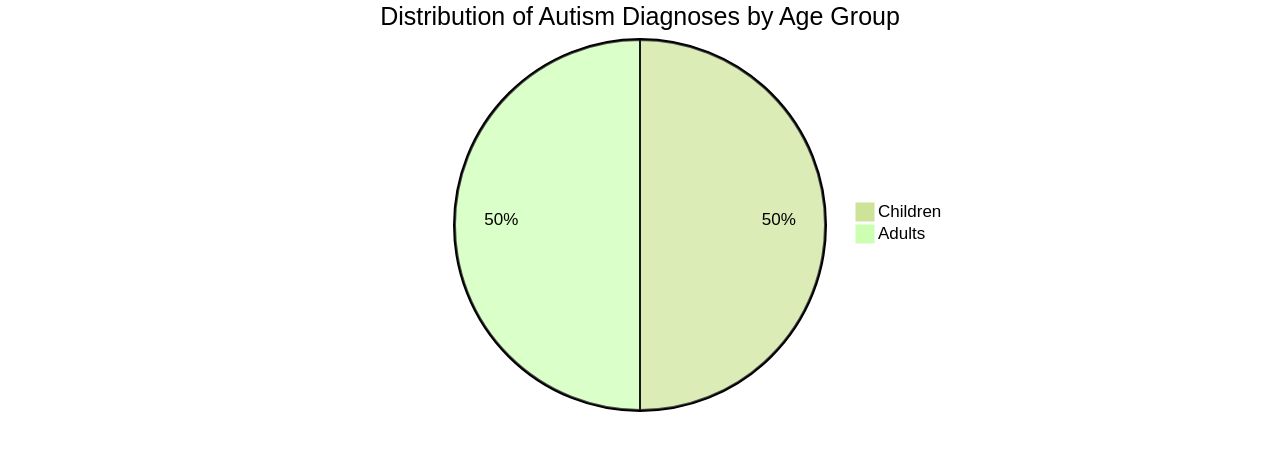
The Evolution of Autism Awareness Month
Autism Acceptance Month, evolved from Autism Awareness Month, serves as a significant landmark in acknowledging and fostering neurodiversity. This progression underscores the need for more than just awareness—it advocates for the rights and inclusion of individuals with autism and their families. The revised terminology, 'Autism Acceptance Month', is widely embraced within the autism community, reflecting a positive shift towards acceptance.
Autism Spectrum Disorder (ASD) presents unique challenges, such as difficulties with social interaction and repetitive behaviors, often demanding a high level of care and commitment from families. To ease the strain of these demands, solutions like social support, peer support, and nurturing hope have proven beneficial. However, acceptance and inclusion should not be confined within family circles but should permeate society at large.
For instance, statistics from 2022 showed that only 21% of individuals with disabilities, including autism, were employed, highlighting a substantial disparity in the job market. Yet, organizations that actively hire individuals with disabilities often outperform others, signifying the economic advantages of neurodiversity. In light of this, www.asd.media emerges as a valuable resource.
Offering different subscription options, from $130 per year to a featured monthly offer of $5-7, the website provides unlimited digital access to relevant content. It's an accessible platform, using JavaScript and jQuery for seamless navigation, indicating that the path towards acceptance and inclusion is not just a societal responsibility, but a shared commitment. Hence, Autism Acceptance Month extends beyond raising awareness—it's a rallying cry for society to accept, include, and empower individuals on the autism spectrum.
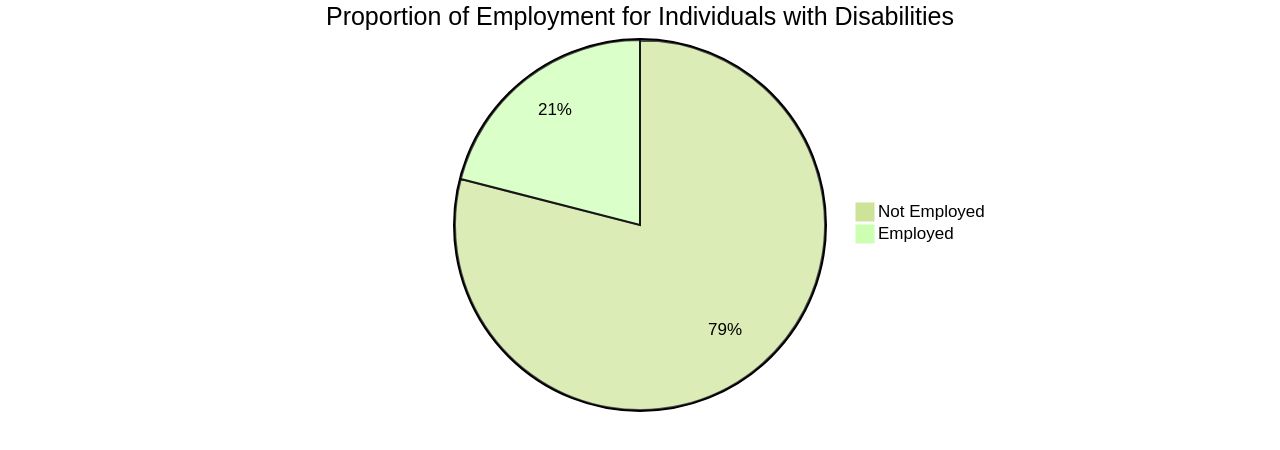
The Importance of Autism Awareness Month
Autism Acceptance Month serves as a key platform for challenging misconceptions and breaking down stereotypes about autism. It encourages empathy, understanding, and acceptance, fostering a society that appreciates the unique abilities and contributions of individuals with autism. It's a time when individuals, families, and communities come together to share their stories and insights, creating a sense of unity and support.
This month focuses on addressing systemic barriers, promoting systemic change, and advocating for greater accessibility and accommodations within academic and community settings. It's a time to challenge stereotypes and misconceptions about autism, promoting positive portrayals and advocating for accurate representation in media and society. The month also emphasizes the importance of self-diagnosis as a common and valid way for many individuals to understand themselves.
Autism is a neurodevelopmental disability that can cause significant social, communication, and behavioral challenges. It's diagnosed in about 1 in 36 children, and in an estimated 2.2% of adults nationwide. Autism Acceptance Month is a time to acknowledge the need to support, understand, accept, include, and empower people on the autism spectrum.
It's a time to celebrate the contributions of all neurodiverse people and work towards ending disparities that autistic people experience when accessing employment, healthcare, and education. This month also reminds us that autistic traits can manifest in various ways and may not always fit neatly into diagnostic criteria. It's a time to stand in solidarity with autistic people as an ally and advocate for their rights and inclusion.
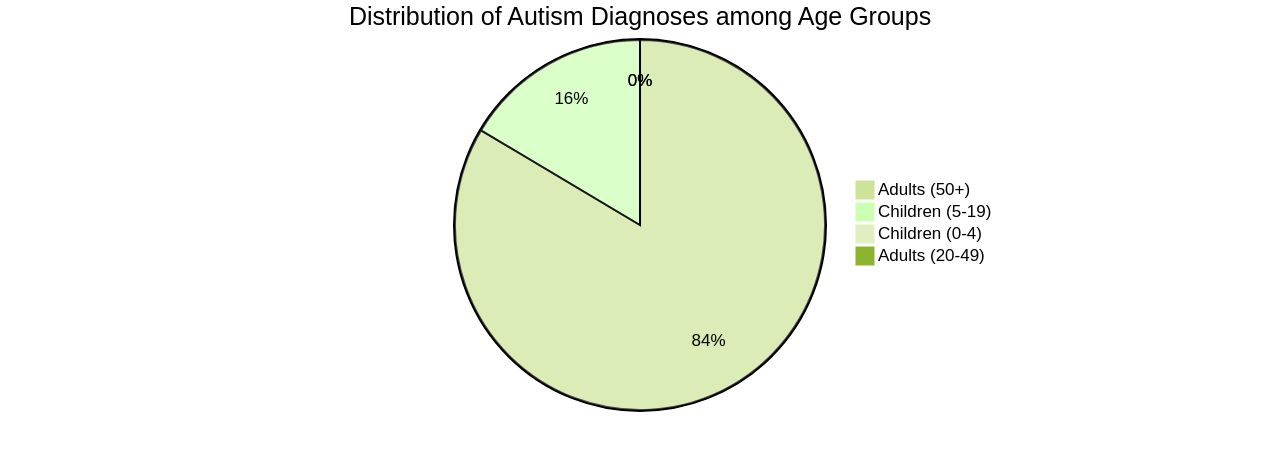
The Impact of Autism Awareness Month
The significance of Autism Awareness Month cannot be overstated. It provides a platform for the recognition and support of individuals with autism, acknowledging their diverse abilities and needs. This has led to an influx of resources, educational tools, and job opportunities tailored to their unique requirements.
This global awareness initiative has spurred advancements in research, fostering a deeper comprehension of autism and paving the way for the development of effective interventions and treatments. Highlighting the global reach of this initiative, a panel featuring autistic individuals from six regions worldwide, including Africa, Asia and the Pacific, Europe, Latin America, the Caribbean, North America, and Oceania, shares insights on the state of affairs in their regions. They stress the importance of implementing the Sustainable Development Goals (SDGs) to ensure autistic individuals thrive.
In North Macedonia, legislation mandates that autistic children attend classes alongside their neurotypical peers. However, classrooms can still pose challenges due to sensory overload, a common experience for many with autism. This highlights the importance of ongoing awareness and the need for adaptive environments for these individuals.
Research has shown that autism is diagnosed in about 1 in 36 children and an estimated 2.2% of adults nationwide. Individuals with autism often face various challenges, including navigating social interactions and hypersensitivity to sensory stimuli. However, this has not deterred the efforts of organizations like the Autism Alliance of MetroWest.
Through their Autism Welcoming Initiative, they train businesses to create environments where autistic individuals can feel comfortable. The National Institute of Mental Health (NIMH) supports research focusing on early autism screening during routine health care. This has had a significant impact, connecting children and families to support and services as early as possible.
This progress is part of an evolving story that reflects the persistent, collective efforts of researchers and clinicians working to translate science into practice. With increased awareness and acceptance, we can work towards a world where individuals with autism are recognized for their strengths and potential. After all, every day brings a new beginning and a new ending, and remaining hopeful for a better tomorrow has proven to be a helpful approach.
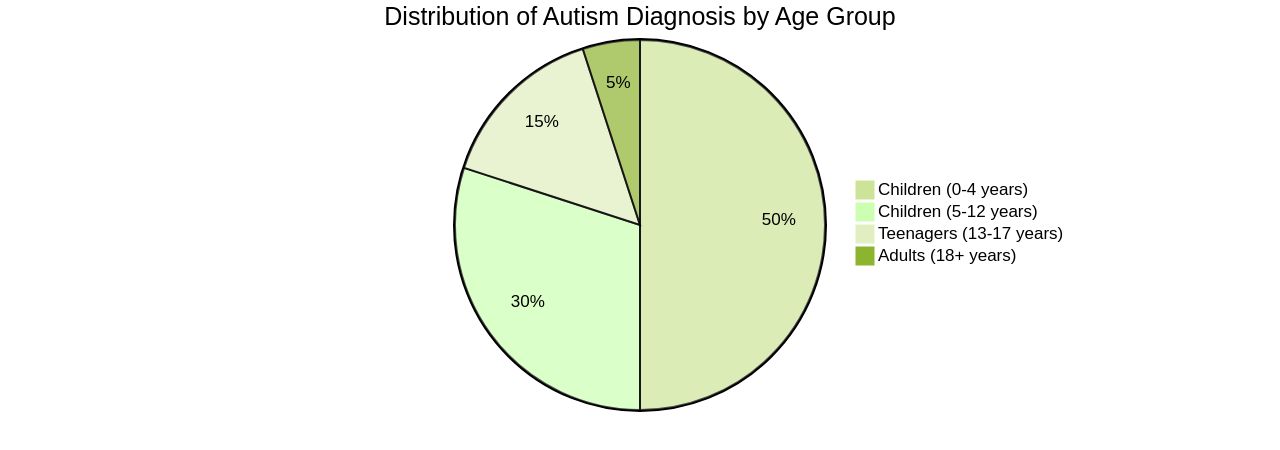
Conclusion
In conclusion, Autism Acceptance Month is a global initiative that fosters understanding, acceptance, and inclusion of individuals with Autism Spectrum Disorder (ASD). It challenges misconceptions, promotes empathy, and celebrates the unique abilities of autistic individuals.
This month highlights the importance of early intervention services and addresses disparities in employment, healthcare, and education. By creating adaptive environments and embracing neurodiversity in the workplace, we can unlock the economic advantages that come with diversity.
Autism Acceptance Month has led to an influx of resources, educational tools, and job opportunities tailored to meet the needs of individuals with autism. It has also spurred advancements in research, deepening our understanding of autism and paving the way for effective interventions.
By raising awareness and promoting acceptance, we can work towards a world where individuals with autism are recognized for their strengths. Together, we can create an inclusive society where everyone has equal opportunities to thrive. Every day brings new beginnings and endings. Let us remain hopeful for a better tomorrow as we empower parents and advocates in their journey to ensure the well-being and inclusion of their children with autism. By championing acceptance and inclusion, we can make a lasting impact on the lives of individuals on the autism spectrum.




